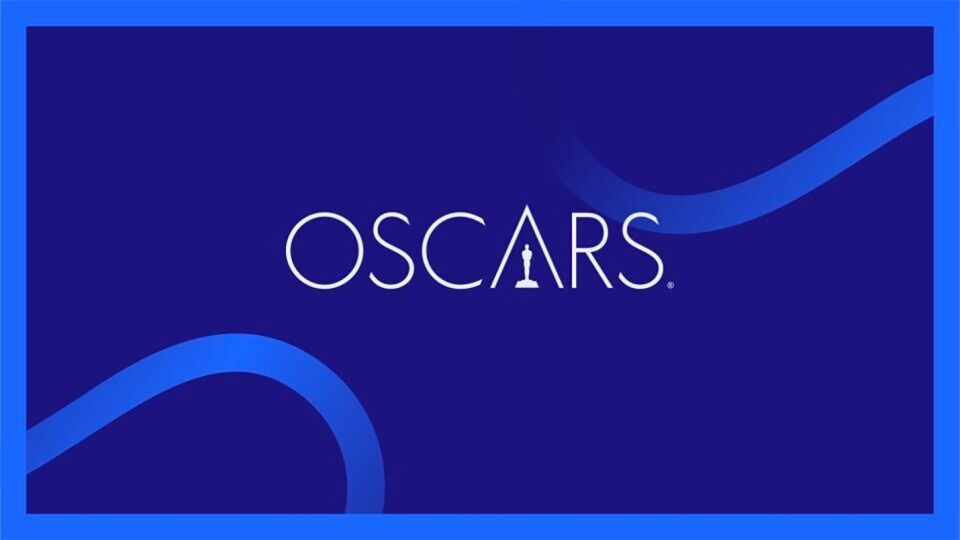Per Matt
This is a topic that has bothered me for years, now. As a life-long cinema aficionado (and sometimes insider, as a member of the Nashville Film Critics’ Association), I have always enjoyed the movie-theater experience. I have enveloped myself within the filmmaking process from a young age, studying books written about a variety of directors, attending screenwriting classes in college and even voting on award winners.
Awards season has been extended the past couple of years due to COVID-19, allowing film critics (and more importantly, the general public) more time to watch and nominate prospective films. And with that, the Oscars ceremony has dropped to a record-low number of viewers.
Fewer people than ever are tuning in to the TV broadcast, while many more are simply tuning out Hollywood, overall. Has this been a gradual trend, building up (or breaking down) for many years? Or is it possibly an immediate reaction that can be pinpointed to something specific?
Are the Academy Awards still relevant in the 21st century?
Honestly, I wasn’t prepared to write this article. I fully intended to watch For the Love of Movies: The Story of American Film Criticism and What She Said: The Art of Pauline Kael for a discussion about modern-day film critics, but with the 94th Annual Academy Awards taking place this weekend, I thought I’d pivot toward a more relevant topic.
As a Child of the ’80s growing up in the South, I relished each and every opportunity to watch awards shows. Living in a rural area and not having basic cable, that usually meant watching the Oscars on TV and reading newspaper coverage (REMEMBER THAT??!!?) about the others.
Camping out once a year to watch the red-carpet arrival of celebrities and ultimately getting disappointed when my favorite films (and filmmakers) were continually snubbed of the ultimate prize became a tiring process, but one I got used to.
Invariably, the process would change and for a very brief moment in time, I would appreciate the outcome before the uptight voters’ decisions returned to normal the following year.
I guess I’ve become a tad too cynical, being a fan of genre entertainment. Long have those releases been box-office hits or misses, but one constant remained: There was no chance in hell the Academy voters would award something like “that” its top prize. And so that trend continued for decades. Each step forward was accompanied by many, many yards traveled backwards.
With no steady sign of progress in sight, I was determined to prevent my annual letdown by no longer watching the telecast. It didn’t help matters much that radical politics were sprayed about at each opportunity. Every. Single. Year. I don’t know about you, but I don’t base any of my life choices on the progressive preaching of those who appear on the big (and small) screen. And thus, my toxic relationship with the Oscars was solidified.
I had already decided it was a popularity contest, where those within “the industry” freely give the awards to friends and family without batting a (fake) eyelash. Outsiders really had no chance: Either quietly play the game nicely with others or raise a ruckus, while sealing your destiny. Not too long ago, a ruckus was raised, rarely receiving a positive response in the process.
After #OscarsSoWhite overtook a variety of social media channels in 2015 demanding a change to the voting process, a large number of minority filmmakers were invited into the close-knit club. It was long overdue, but an immediate change was not forthcoming. A revolution does not happen within a day, don’t ya know? But it seems an eventual change has occurred.
More minorities are receiving nominations and wins (Oscar Voters Finally Saw the Light and Horror Sweeps the Oscars!). What was once unheard of has become a reality, as streaming movies have now entered the process, stealing some of the thunder that movie theaters have long enjoyed. And yet, I’m still uninterested.
Big-budget blockbusters routinely get shunned. Art-house fare always wins. And yet the Academy wonders why viewers are bailing on the broadcast when movies that almost nobody saw receive the recognition?
ABC has attempted to alter its show throughout the years, in hopes of bringing back viewers. An increased number of Best Picture nominations has become a reality. Hooray! However, a huge fuss was created when the category of Best Popular Film was created after Black Panther broke all sorts of box-office records, before it was rejected on that year’s broadcast.
It has seemingly been replaced this year by #OscarsFanFavorite, where just about every person on the planet (along with all the bots) had the ability to vote via Twitter and the organization’s webpage.
Both feel like gimmicks to me.
I’ll wait and see how that turns out, along with the expected changes in store for next year’s show to raise its ratings. But until then, I’ll read an online recap of the evening’s results. Long live the entertainment industry, but not the Oscars experience. I’m pretty much done with that.

